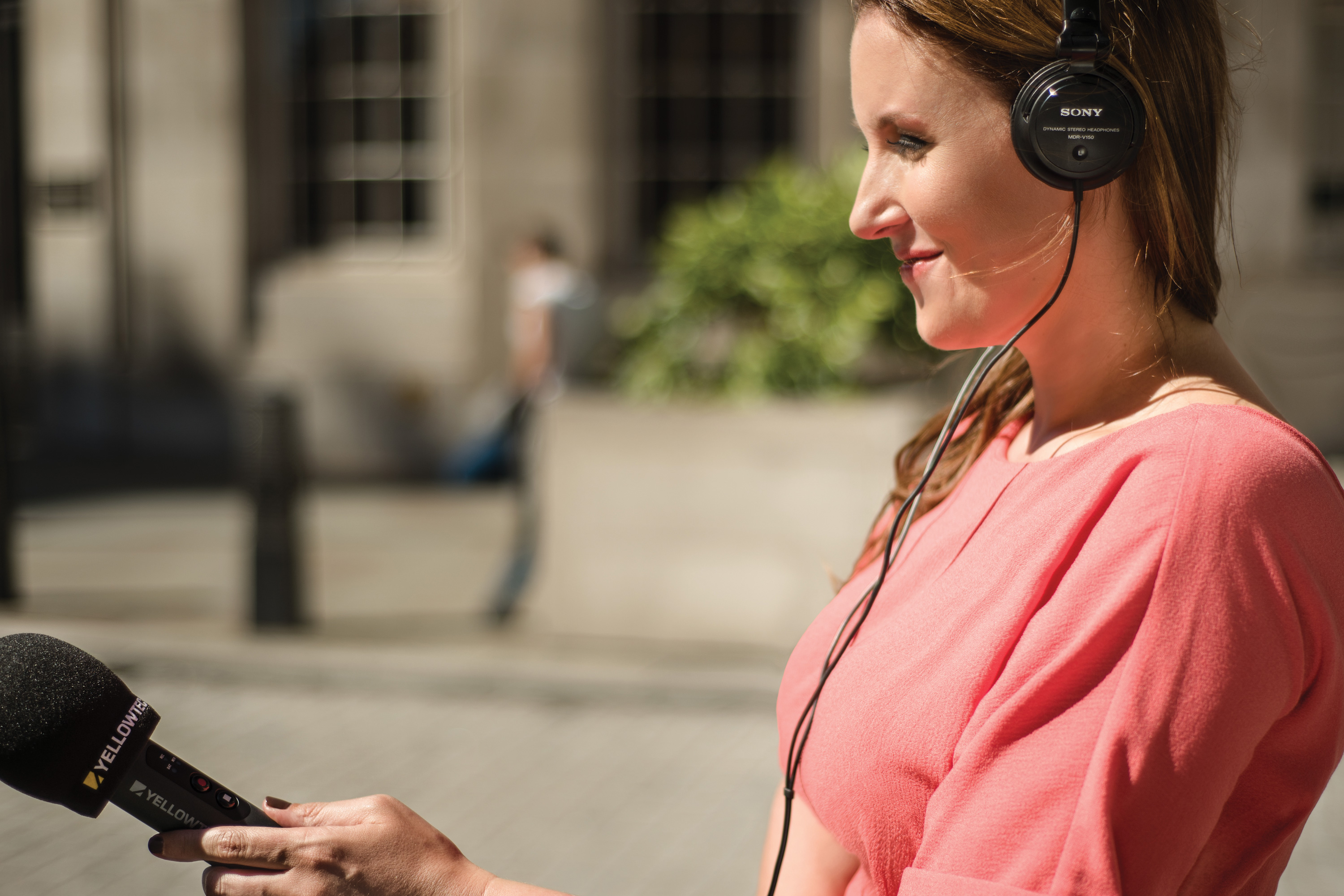The GP investigating health controversies

Profile: Dr Faye Kirkland

Roles
Freelance investigative broadcast journalist, with programmes for BBC Radio including Today, PM, The World at One, and 5 Live Investigates, and BBC TV including BBC Breakfast, BBC News and Victoria Derbyshire.
Sessional GP, including locum work for three busy inner-London surgeries plus out-of-hours and extended hours shifts
Hours worked
Over a year, average six clinical sessions plus 25 hours’ journalism per week
9:00
I left a GP partnership in Eastbourne three years ago to do a full-time diploma in broadcast journalism at Cardiff University, after which I worked as a freelance journalist for BBC Bristol and BBC Radio’s 5 Live Investigates. For the past two years I’ve been in London to try to do more national work.
The way I combine my GP and journalism roles varies. This month I’m doing two weeks of journalism and then two of general practice. Today I’m investigating a topic after a source contacted me. We meet in a café to discuss their concerns and talk for hours.
Over my time as a journalist, I have found people increasingly approach me from all walks of life with issues they feel need exposing. When I was researching a programme for 5 Live Investigates last year, sources raised their concerns to me about UK-based online prescription services. My investigation found clinics were often prescribing antibiotics against NICE guidance, just on the results of a simple questionnaire. This, in part, led to the CQC setting the first clear standards for online doctor-based services and inspecting all online providers in England urgently this year. So far only one clinic has met the standards expected by the regulator, with some sites suspended or shut down altogether.
12:00
I have a piece going out on Radio 4 on the historical treatment of children with disorders of sex development, which I have been working on for weeks. I record, edit and script all the pieces myself; this one will go online as well, with a video going up at the same time as the radio segment. As always, tweaks are needed. I go into the studio and record my voice to weave between the contributors of the package. I discuss the online piece with editors and go through their queries.
13:00
I reflect on the meeting I had this morning, to think about how to take the story forward. I make some calls to try to stand up the story – it’s important to look for supporting evidence. I have a degree in neuroscience as well as medicine. Having this background, an intricate knowledge of health and the ability to appraise evidence makes me critical in my thinking. It allows me to get into the detail and understand where problems lie.
14:00
I’ve been working on another idea for a few weeks – it can take a lot of time and investment just to get to the stage where I can pitch a story. I meet a commissioning editor and discuss the facts, who the issue affects and if it is in the public interest. I’m delighted that the editor agrees to commission the story.
15:00
I travel across London to meet and record a contributor for another piece. I am fascinated by the people I get to meet and interview. It’s a real privilege that people trust you to share their stories.
17:00
My Radio 4 report goes out. I’m still amazed at the reach this has and how media permeates people’s lives. My phone starts to buzz – social media means feedback is instant – and I’m gratified to receive some positive comments. As always, someone is also critical – taking umbrage at a headline. I’m always surprised at feedback from medical professionals who’d prefer not to expose an issue and explain it to the public, although they are the minority. For me, being honest, highlighting issues – good and bad – is what drives change. Negative comments used to upset me; now I ask myself if I could have done better – as with medicine, it is good to reflect on your performance. Investigative journalism aims to expose the truth and if someone is talking about it in any way, it’s an achievement.
Pulse July survey
Take our July 2025 survey to potentially win £1.000 worth of tokens

Visit Pulse Reference for details on 140 symptoms, including easily searchable symptoms and categories, offering you a free platform to check symptoms and receive potential diagnoses during consultations.










